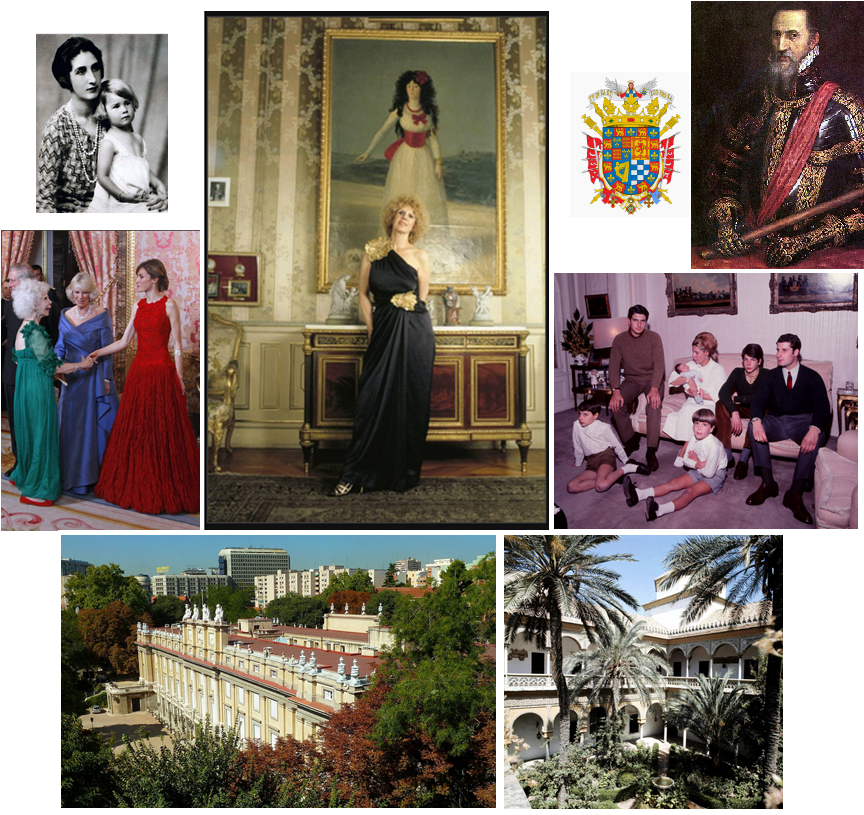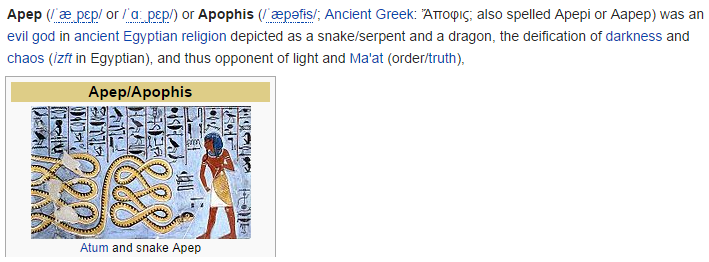In 1629 Hessel Gerritsz (ca 1582-1632) made a routebook ('roteiro') for the Dutch West India Company (WIC). Strategic information for securing Brazil. The Dutch were eagerly after the yields of sugar cane from the Portuguese.
Right in the middle of Europe and Brazil are the Cabo Verde Islands located. For the Dutch, both for the VOC and WIC, the place for (re)grouping ships and stocking fresh supplies.
A part of this routebook, around 80 pages, is about the Cabo Verde Islands. All the islands are described in detail: defence systems, population and slaves, where to dock, fruit etcetera. Including maps of the islands.
The manuscript is never published or translated. I want to unlock this document - this treasure house - for humanity. In one book: copy of manuscript, typoscript in old Dutch, translation in modern Dutch, translation in Portuguese and translation in English. Nice and important puzzle to solve :)
Ben Teensma already made the typoscript in old Dutch and translation in Portuguese. I have to add the translation in modern Dutch and English.

















































